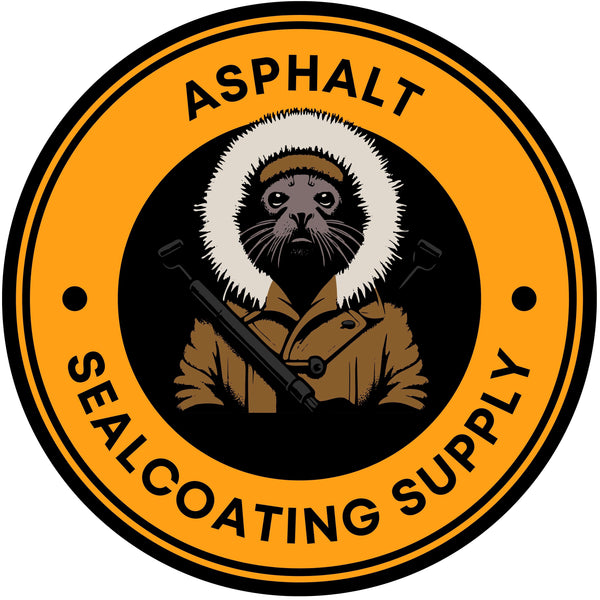Driveway resurfacing is a more involved process. It adds a brand new layer of asphalt (1–2 inches thick) over the existing pavement. This method doesn’t just protect—it restores your driveway's structure.
Resurfacing is often needed when your driveway has:
-
Large cracks
-
Uneven patches
-
Alligator cracking
-
Widespread wear and tear
It’s more expensive than sealing but cheaper than a full replacement.
When to Resurface:
-
Surface damage is beyond sealing
-
You need structural restoration
-
Cracks are too deep for filler
Key Differences at a Glance:
| Feature | Driveway Sealing | Driveway Resurfacing |
|---|---|---|
| Cost | Low | Medium to High |
| Time to Complete | 1 Day | 2–3 Days |
| Purpose | Protection + Appearance | Structural + Surface Restoration |
| Lifespan Benefit | 2–3 Years | 8–10 Years |
| Recommended For | Minor Damage | Moderate to Severe Damage |
Choosing the Right Option
If your surface is mostly intact and you just want to extend its life and make it look new again, go with driveway sealing. But if you're seeing serious wear—like deep cracks, low spots, or crumbling—resurfacing may be the better call.
Still unsure? Contact Asphalt Sealcoating Supply Inc. We’ll guide you to the best products for driveway coating, asphalt sealcoating, crack filler, and more. We even offer professional-grade tools for resurfacing prep and sealcoat application.
Seal the Smart Way
From driveway sealcoating near me to full restoration with asphalt driveway resurfacing, we’ve got you covered. With top-tier supplies, expert support, and nationwide shipping, Asphalt Sealcoating Supply Inc. helps you protect what matters—your property.
